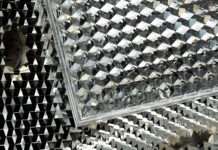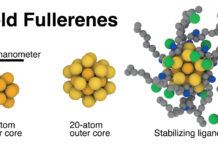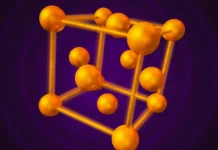
WEST LAFAYETTE, Ind. — Purdue researchers have created a transparent polymer film that also conducts electricity, introducing an inexpensive organic material for applications such as the screens of electronic devices.
While some polymers can already conduct electricity with the help of a process called chemical doping, none have yet been made that conduct just as well in a transparent form. This combination could find use in TV, phone and computer screens that currently use a relatively expensive inorganic material, indium tin oxide, to serve as a transparent conductor. The researchers detail their discovery in a paper published on March 23 in Science.
“The precursors of this new polymer are made on the ton scale,” said Bryan Boudouris, the Robert and Sally Weist Associate Professor of Chemical Engineering. “Having a conducting transparent material from carbon-based materials would be significant.”
The polymer film, which has the look and feel of glass, can be more cheaply produced on a large scale than indium tin oxide because it originates from earth-abundant materials. Its cost-effectiveness also has advantages over polymers already used for electronics that rely on expensive chemistry and chemical doping to achieve high conductivity. Existing conducting polymers also typically absorb light due to they’re conjugated or delocalized, electron network structure.
Read more: Radical polymer could conduct electricity for transparent electronics
thumbnail courtesy of purdue.edu















